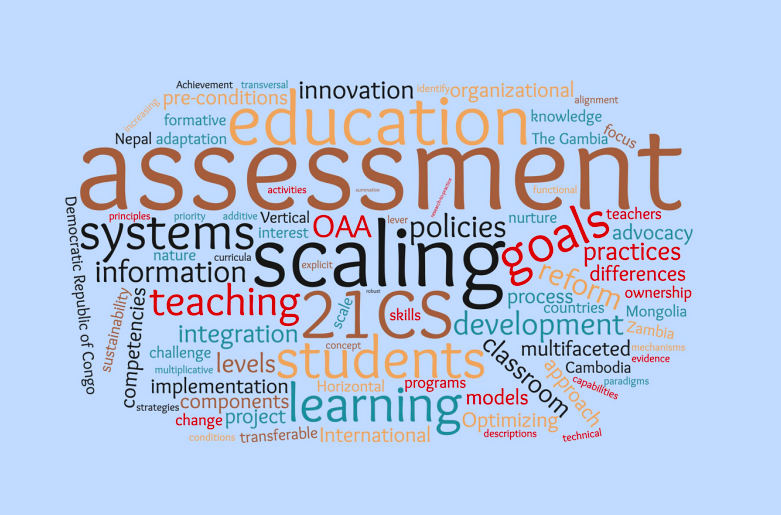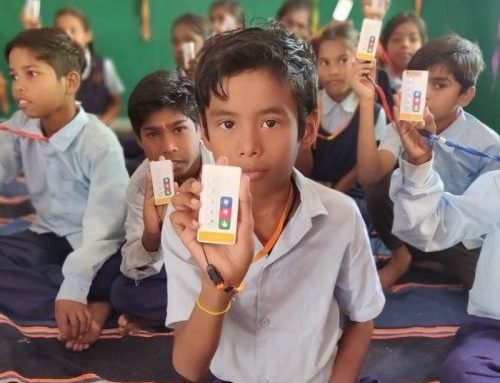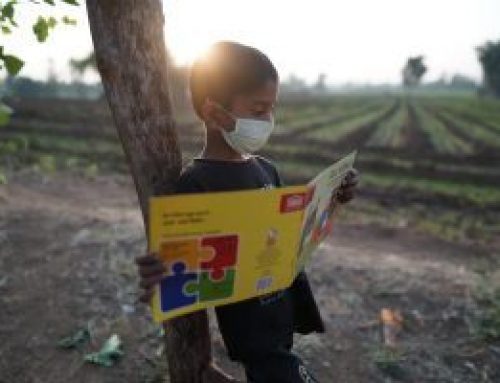Assessment has been identified as a driver in education in several ways. Often seen negatively affecting teaching and learning through the “teaching to the test” notion, it also has more positive effects: One of these is through the use of results from large-scale assessment for change in policy and consequent education reform. Another is through the implementation of formative assessment approaches (Black & Wiliam, 2009) to inform teaching strategies and practice in the classroom. For both functions, assessments that generate information that is reliable and valid for purpose are required. International large-scale assessment programs—such as the Trends in International Mathematics and Science Study (TIMSS, of the International Association for the Evaluation of Educational Achievement [IEA]) or the Programme for International Student Assessment (PISA, of the Organisation for Economic Co-operation and Development [OECD])—commit a great deal of effort to ensuring that their assessments target the constructs (knowledge, skills, or competencies) of interest and sample the populations of interest, to ensure that the information derived from the programs truly represents the realities of student achievement and in turn reflects the goals and effectiveness of national education systems.
As more countries include 21st century skills (21CS) among their educational goals (Care & Kim, 2018), attention is moving to the role played by assessment. Since early in this century, the IEA and OECD have increased their assessments of general competencies beyond literacy, numeracy, and science to include computer and information literacy, problem-solving, civics and citizenship, and global competence. These initiatives have made more visible the interest in developing these competencies in students. Progress at the classroom level, however, is less clear.
This paper marks the final installment in a series of five reports detailing the work of the Optimizing Assessment for All project at Brookings to strengthen education systems’ capacity to integrate 21st century skills into teaching and learning, using assessment as a lever for changing classroom practices.
About the author
Esther Care is a senior fellow in the Global Economy and Development Program at the Brookings Institution.




